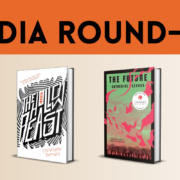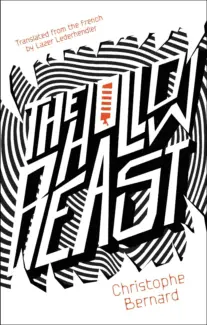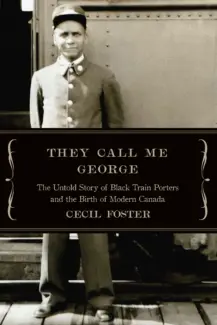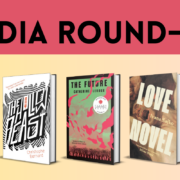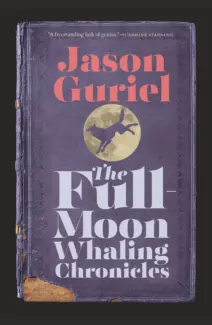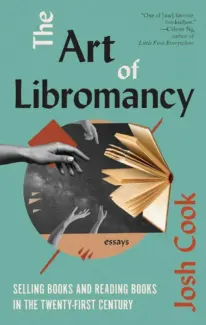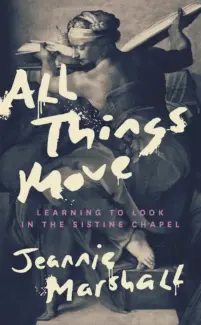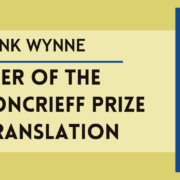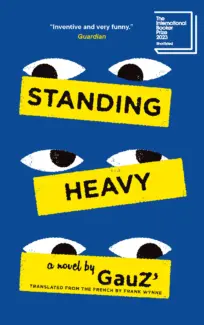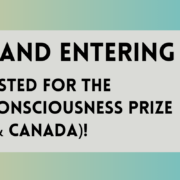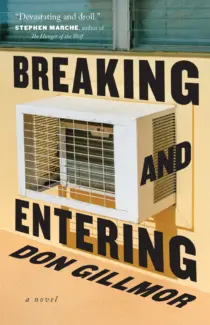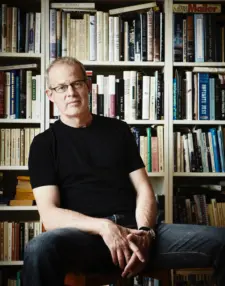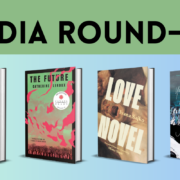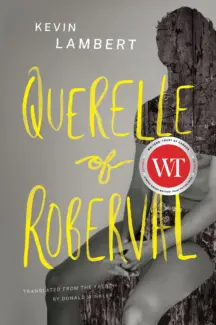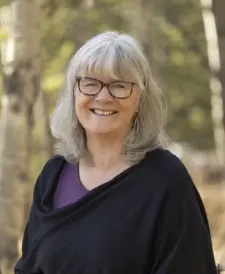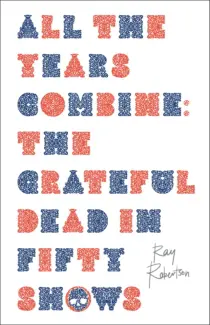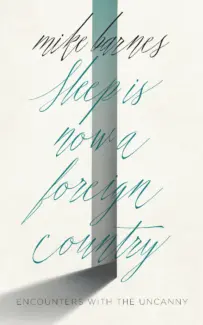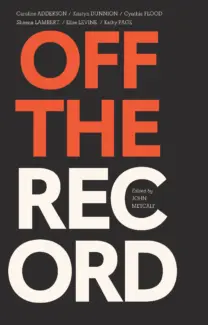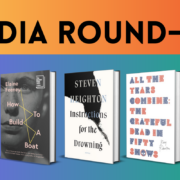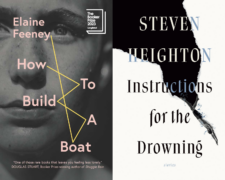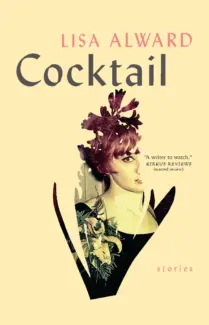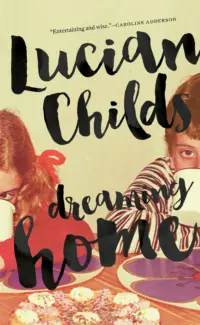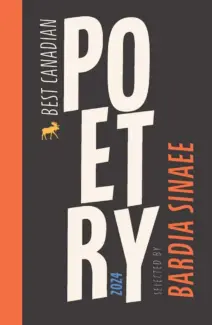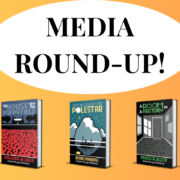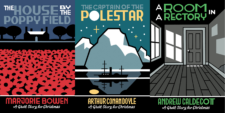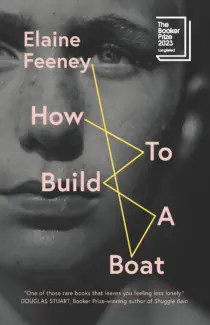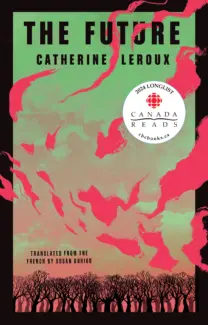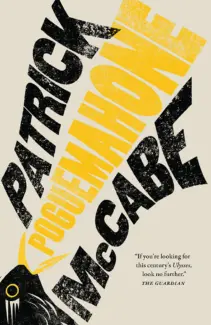IN THE NEWS!
THE FUTURE
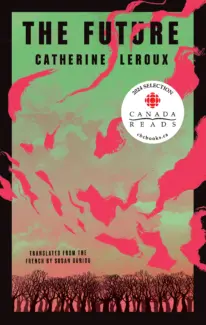
The Future by Catherine Leroux, translated by Susan Ouriou (Sep 5, 2024), according to CBC Books is the #1 bestselling Canadian fiction title in Canada this week! You can view the full list here.
The Future was featured in the Windsor Star. The article was published on January 13, 2024, and you can read the full profile here.
Trevor Wilhelm writes:
“Dystopian novel The Future, published by Windsor’s Bibliosias, is in the running for a national competition to determine the one book to rule them all.”
Catherine Leroux, author of The Future, has been interviewed on CBC: Let’s Go. The interview aired on January 15, 2024. Listen to the full interview here.
Grab your copy of The Future here!
BURN MAN
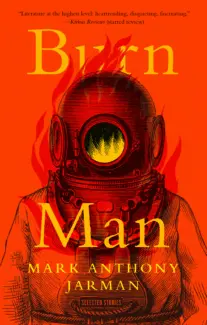
Burn Man by Mark Anthony Jarman (Nov 21, 2023) received an outstanding review in the New York Times! The review was published online on January 13, 2024. You can read the full review here.
Lincoln Michel writes:
“Anyone who enjoys poetry in prose, who feels enlivened by language and struck by sentences, will find much to admire in Burn Man. Jarman’s stories are full of violence, tragedy and mistakes. Yet there’s plenty of humor and heart too. […] Burn Man left me seeing a bit more beauty in our hurting-heart world.”
Burn Man was featured again in the New York Times by Greg Cowles as part of their Editor’s Choice column: “9 New Books We Recommend This Week.” The article was published online on January 25, 2024, and can be read here.
Cowles says, of Burn Man:
“The Canadian author Jarman may not be a familiar name in the United States just yet, but this anthology aims to fix that.”
Burn Man was reviewed by Andrew Hood on The Bookshelf’s website. The review was published online on January 19, 2024, and can be read here.
Hood writes:
“If I would compare Jarman to anyone other than himself, it would be to Tom Waits. Post-Kathleen Brennan Tom Waits. Yes, these are stories in the generic sense, just as a Tom Waits song is, technically, a song, but they are made of different things. For Waits, anything is percussive if you bang on it hard enough in the right place, and Jarman bashes language in the same way. The instrumentation in a Jarman story may sometimes sound conventional, but once isolated, sounds like nothing other than what it is. […] Reading Jarman is often, and I mean this in the best way possible, like drinking from a fire hose.”
Burn Man has also been excerpted in Lit Hub. The excerpt was published online on January 17, 2024—take a look here.
Get Burn Man here!
YOUR ABSENCE IS DARKNESS
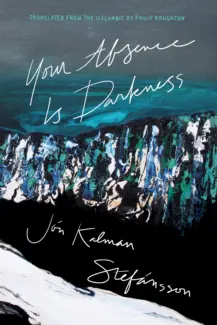
Your Absence Is Darkness by Jón Kalman Stefánsson, translated by Philip Roughton (March 5, 2024) is an Indie Next Pick for March and has also received an outstanding starred review in Publishers Weekly. The review was published online on January 14, 2024. You can read the full review here.
Publishers Weekly writes:
“What makes this so irresistible is the narrator’s constant optimism as he probes profound questions from within the murk of his consciousness (“Give me darkness, and then I’ll know where the light is”). Stefánsson is poised to make his mark on the world stage.”
Order your copy of Your Absence is Darkness here!
LOVE NOVEL
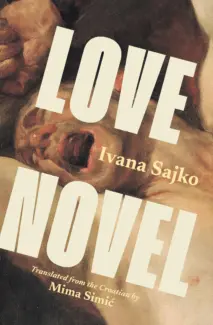
Love Novel by Ivana Sajko, translated by Mima Simić was featured on Kirkus Reviews as one of “20 Titles You Can Read in a Week.” The article was published online on January 24, 2024. Check out the full list here.
Order your copy of Love Novel here!
BEST CANADIAN POETRY 2024 & BEST CANADIAN ESSAYS 2024

Best Canadian Essays 2024 and Best Canadian Poetry 2024 (Nov 14, 2023) have been reviewed in The Miramichi Reader. The article was published online on January 23, 2024. You can read the full review here.
Christina Barber writes of the anthologies:
“A testament to the importance of literature in Canada … it is a powerful body that celebrates the creative and literary spirit of Canadians from coast to coast to coast.”
Best Canadian Essays 2024 was also reviewed in the Winnipeg Free Press. The article was published online on January 13, 2024, and you can read the full review here.
Susan Huebert writes:
“Each of the authors in Best Canadian Essays 2024 offers a particular style and perspective, but the essays work together to provide a picture of some of the issues Canadians have been facing. Many readers are likely to find something to interest them in this short collection of essays.”
Grab your copy of Essays here and Poetry here!
Check out all three Best Canadian anthologies here!

